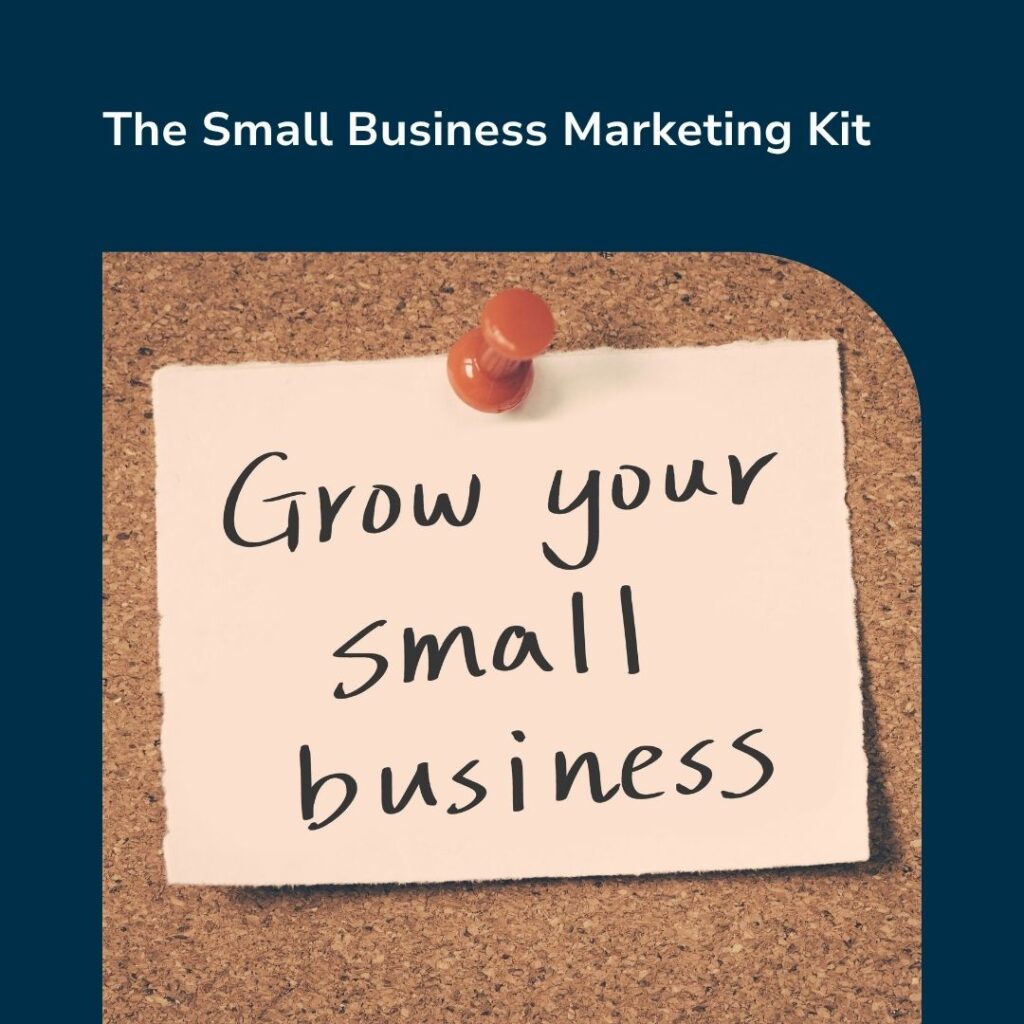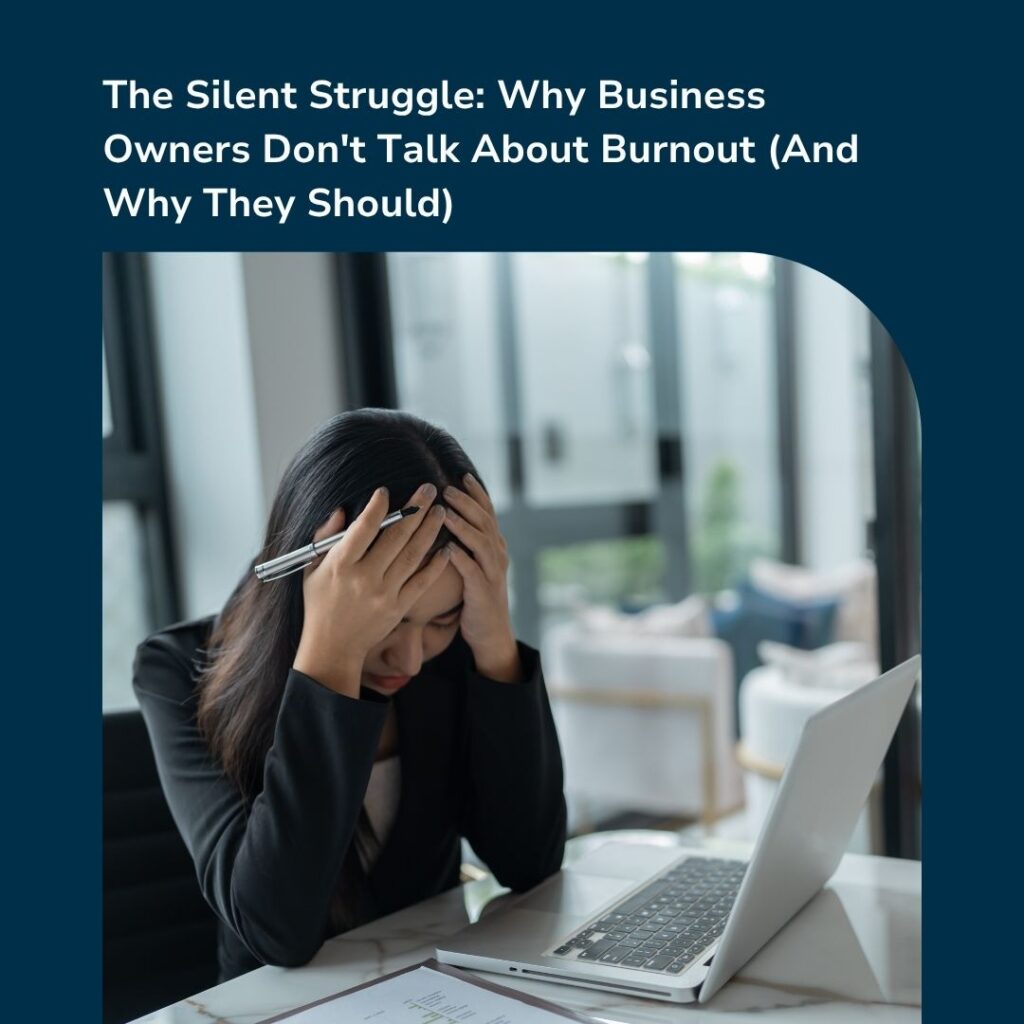[vc_row][vc_column][vc_column_text]
Tags – How to Deal with Business Competition
How many times have you heard the excuse from failing organisations – business competition is increasing?
When people run into trouble, they adopt the practice of putting the blame on something that is out of their control, acting as if they can not deal with it.
The fight or flight behaviour is too simple an analogy to use here and we should question the intellectual understanding of individuals that run businesses. And for that, we need learn how to deal with business competition.
Know Your Enemy
Firstly, we reckon doing a competitive analysis to increase your chances of success.
The economic model runs on one fact – the money must circulate – meaning that people take a certain level of risk while understanding the outcomes and associated circumstances.
So, when you have a business idea or are already running a business with intense competition or rivalry, you must know what your competitors are up to.
We are not suggesting that you start fixating on what other people are doing. But, actions with sense increase the chances of success.
To start-off, you can answer a few simple questions, e.g.
- Who is your competition?
- Where are they located?
- What services do they provide?
- What is their pricing model?
- How do the market themselves?
- What message do they give to their customers?
- What is their market reputation?
Becoming Competitive by Niching
When you start answering the listed questions, you will realise that most businesses essentially sell similar services, with only one or two differences.
The one or two differences are not a coincidence. But instead, these companies have spent time and effort in recognising how to be different.
Also, you will realise that these businesses want to target a small part of a market and specialise for them. We call this act of specialisation – finding the niche.
Think logically, what happens if you specialise in one aspect of the market?
You start learning specifics that a business targeting a bigger audience might miss. You may also decrease the circle of competition that works in the same small area. And, most importantly, you start getting a reputation within the small circle for being effective for a specialised need and want.
How do the three listed benefits sound to you?
Taking the Next Leap
We are sure that you like the prospect of growing your business.
But, some of you may take the action of finding a niche restricting.
We never said that the learnt lessons are untranslatable to other areas or your reputation will be restricted.
After mastering your craft in one specific area and gathering positive words from your customers, the next logical step will be to expand and compete straight on quality where your competition will be unable to stand your built skills.
Want to find even more? Get in touch today and talk to us about how can we take your business in the right direction.
Works Cited
BERRY, T. (2005) Know Your Competition. [Online] Entrepreneur.
YAMIN, S. and MAVONDO, F.T. (2015) Organisational innovation: Relationship with functional strategies and organisational performance. In: Proceedings of the 2000 Academy of Marketing Science (AMS) Annual Conference: Springer, pp. 296-301.
[/vc_column_text][/vc_column][/vc_row]









